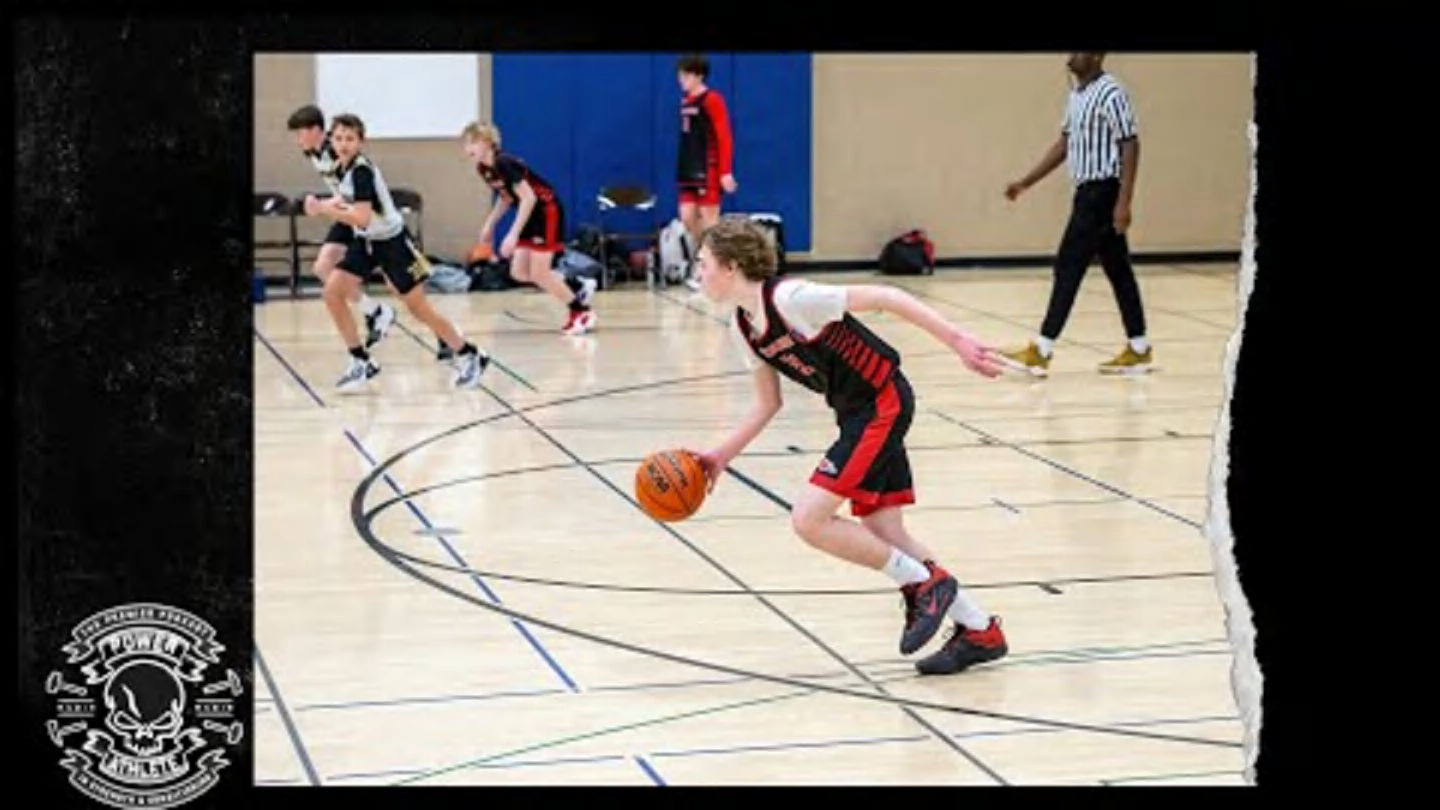World
When a yarmulke feels like a target: Navigating Jewish life in a fractured world
Opinion editor’s note: Strib Voices publishes a mix of guest commentaries online and in print each day. To contribute, click here.
On Sept. 11, 2001, I was a student in New York City. That day began like any other — routine classes, the hum of the city in the background — until everything shattered. I remember the confusion first, then the sirens, the hurried whispers of classmates, and the abrupt shift from mundane to unimaginable. We stood glued to the TV screens as the towers fell, disbelief slowly turning to horror. I can’t think of that infamous date without a deep, physical reaction — a quiver in my lip and a tremor in my body.
On Oct. 7, 2023, I was in synagogue celebrating Simchat Torah, a joyous Jewish holiday. That day, Hamas invaded southern Israel, murdering and torturing Jews in a massive terror attack that has been called Israel’s Sept. 11. The emotional toll of Oct. 7 is immense, creating a bitter pit in my stomach eerily echoing the way I feel when thinking about Sept. 11.
But whereas the vulnerability I felt after Sept. 11 was one that seemed shared by all Americans, the profound safety concerns that have emerged after Oct. 7 are more personal. The Hamas attacks have cast a long shadow over the Jewish community in Minneapolis, marking a period of intensified harassment and antisemitism.
To give one egregious example from this past year, in January the Minneapolis City Council hosted a meeting in which antisemitism was on full display during consideration of a resolution on Israel. Signs were displayed with slogans such as “Both sides are thirsty / Israel for blood / Gaza for water” and comparing Israelis to Nazis.
As the local Jewish Community Relations Council documented, “Council Member Robin Wonsley activated the crowd by falsely and repeatedly accusing Israel of genocide and comparing the Israeli-Palestinian conflict to America’s legacy of slavery and racism against African Americans.”
I, along with dozens of other local rabbis, fought back against the considered resolution, noting that “Hamas has immorally chosen to embed their military operations, underground tunnels, and equipment in mosques, schools, hospitals and U.N. buildings, using non-combatant Palestinians as human-shields. Thus attacks on these military targets result in the tragic loss of Palestinian lives and infrastructure.”








